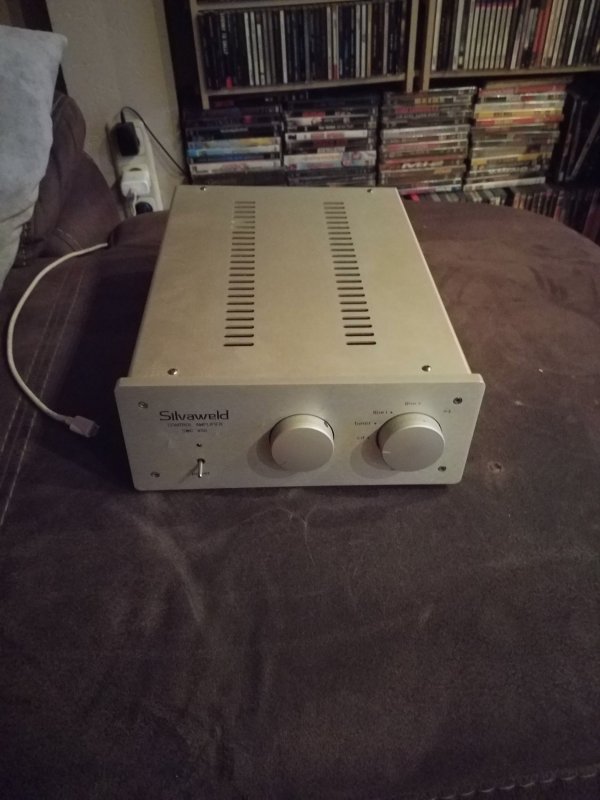This sounds clever, but I disagree that simplicity is hard to build and that complexity is easy to build. This notion doesn't make any intuitive sense to me, and I don't think it makes any theoretical sense, either."Simplicity is hard to build, easy to use and hard to charge for; Complexity is easy to build, hard to use and easy to charge for."
Take speaker for example. Let's say we could bend the laws of physics. The perfect speaker would be a single driver that could play a range of 15Hz to 30kHz (flat) and have an efficiency of 110 dB. This driver would be mounted in a simple manner.
I don't think this single driver in a simple box, without more, would sound very convincing. The frequency response might be there, but I don't think this is nearly enough driver surface area to move the amount of air needed to be convincing.








